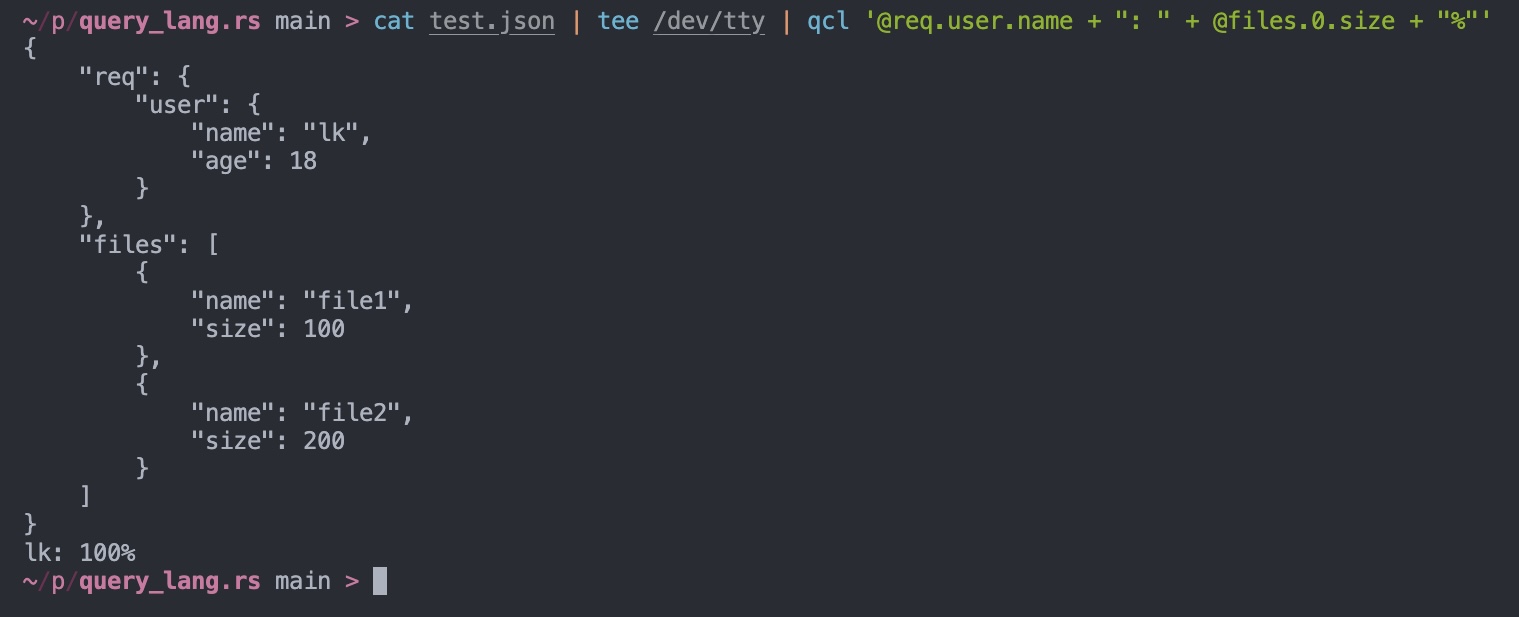QCL
a simple language that allows you to check the eval result of a query.
## Intro
It's designed to be used in ACL (Access Control List) systems, where you need to check if a user has access to a resource.
### Example
```qcl
(
@req.user.role == 'admin'
||
@req.user.id in @record.granted
)
&&
(
@record.published
||
@record.owner == @req.user.id
)
```
Let's break it down:
- `@req.user.role == 'admin'`: Check if the user has the role of `admin`.
- `@req.user.id in @record.granted`: Check if the user's id is in the `granted` list of the record.
- `@record.published`: Check if the record is published.
- `@record.owner == @req.user.id`: Check if the record's owner is the user.
The above example is a simple ACL system that checks if the user has access to a record.
More language details can be found in [LANG.md](LANG.md).
### Usage
#### Integration
```rust
// Parse expr
let expr = "@req.user.name in 'foobar' && @files.0.published == true";
let expr = Expr::try_from(expr)?;
// Construct context
let ctx_names = expr.requested_ctx(); // ["req", "files"]
// You can construct the context indeed, but we use json! for simplicity
let ctx = json!({
"req": {
"user": "foo"
},
"files": [
{
"name": "file1",
"published": true
}
]
});
// Eval
let result = expr.eval(ctx.into())?; // Val::Bool(true)
match result {
Val::Bool(b) => {
assert!(b);
}
_ => {
panic!("unexpected result");
}
}
```
#### CLI
## License
```
Apache-2.0
2024 @lollipopkit
```

